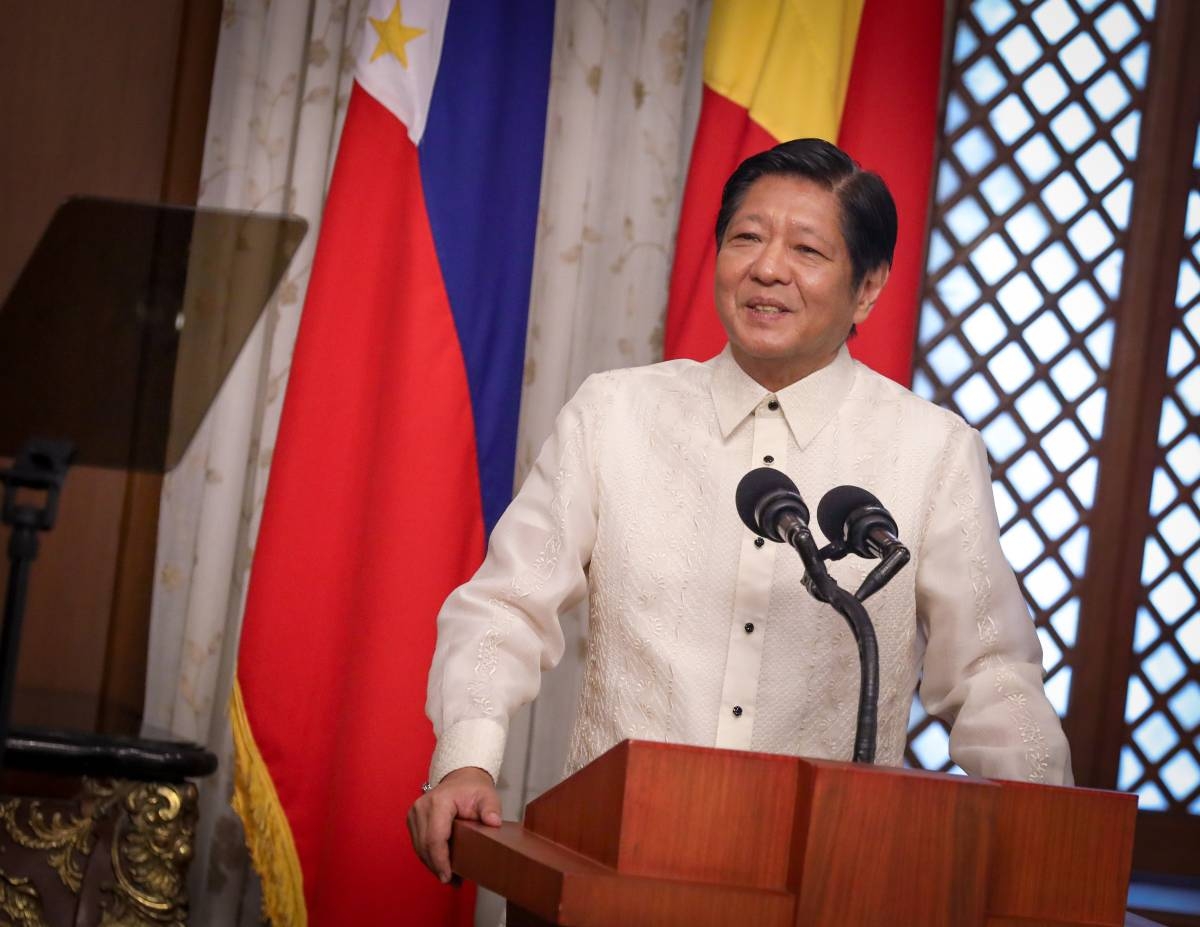President Ferdinand Marcos Jr. has recently signed into law a groundbreaking measure that aims to modernize the tax administration process and enhance taxpayer rights in the Philippines. The newly enacted Republic Act 11976, also known as the “Ease of Paying Taxes Act,” is expected to significantly contribute to the country’s 8-Point Socioeconomic Agenda by improving revenue collection through digitalization initiatives.
One of the key features of this law is the classification of taxpayers into micro, small, medium, and large categories. This classification allows for more tailored approaches to tax filing and payment, whether electronically or manually, through authorized agent banks or tax software providers. Additionally, taxpayers now have the option to pay internal revenue taxes directly to the City or Municipal Treasurer, simplifying the process and eliminating unnecessary bureaucratic hurdles.
Another notable change brought about by the “Ease of Paying Taxes Act” is the elimination of the distinction between documentation and the basis of sales for goods and services. This streamlines the reporting process and ensures consistency in tax assessments. Furthermore, value-added tax (VAT) refund claims are now classified into low, medium, and high-risk categories, allowing for more efficient processing and reducing the burden on taxpayers.
The implementation of Republic Act 11976 is expected to yield several benefits. Firstly, it will increase the efficiency of tax administration, ensuring that the government can effectively collect the revenue needed to support its programs and initiatives. Secondly, it strengthens taxpayer rights, providing them with a more streamlined system and minimizing unnecessary burdens. Lastly, this law will expand the taxpayer base, encouraging more individuals and businesses to comply with their tax obligations.
By introducing administrative tax reforms and amending sections of the National Internal Revenue Code of 1997, this law paves the way for a modernized taxation system in the Philippines. It embraces best practices and replaces outdated procedures, bringing the country’s tax administration into the digital age.
Republic Act 11976 also addresses the needs of non-resident taxpayers by ensuring the availability of registration facilities. It reduces the documentary requirements and digitalizes the services provided by the Bureau of Internal Revenue (BIR), making it more accessible and convenient for taxpayers.
Additionally, this law introduces several changes to enhance the overall tax system. It mandates tax agencies to act on claims for refund of erroneous or illegal tax collection within 180 days. The amount for the mandatory issuance of receipts for each sale and transfer of goods and services has also been increased from P100 to P500. Furthermore, the number of income tax return pages has been reduced from four to two, simplifying the filing process for individuals and businesses.
To support the digitalization initiatives, the law calls for the adoption of an integrated and automated system for basic tax services. It also emphasizes the need for electronic and online systems for data and information exchange between different offices and departments. By streamlining procedures and embracing automation, the BIR aims to enhance its technology capabilities and provide efficient services to taxpayers.
The implementing rules and regulations (IRR) for Republic Act 11976 will be promulgated within 90 days of its effectivity. The Finance Secretary will consult with the BIR and the private sector to ensure a comprehensive and inclusive framework.
Albay 2nd District Rep. Jose Ma. Clemente “Joey” Salceda, chairman of the House Committee on Ways and Means, hailed the “Ease of Paying Taxes Act” as the most comprehensive tax administration reform since the 1997 National Internal Revenue Code. He emphasized that this law brings the tax administration system into the digital era, enabling the BIR to fully embrace digitalization. Salceda also commended President Marcos for his commitment to modernizing long-stagnating systems and creating an environment conducive to growth and development.
In conclusion, the signing of Republic Act 11976 marks a significant milestone in the modernization of the Philippines’ tax administration process. This law introduces crucial reforms that enhance taxpayer rights, streamline procedures, and embrace digitalization. By improving efficiency and expanding the taxpayer base, the government aims to achieve its socioeconomic agenda and create a more vibrant and prosperous nation.







